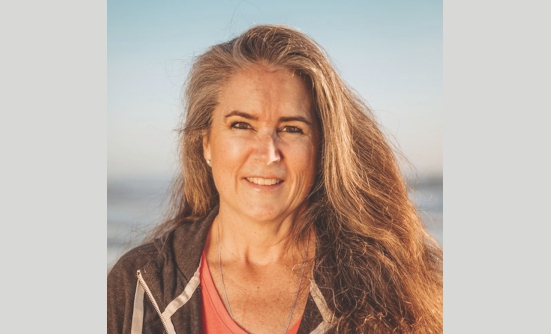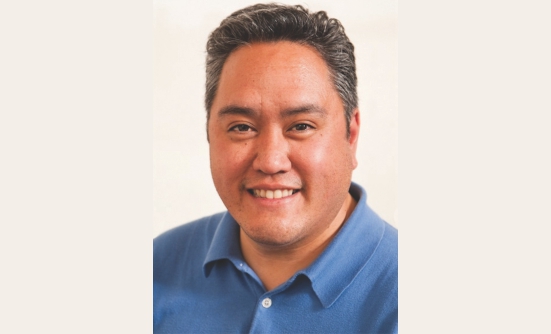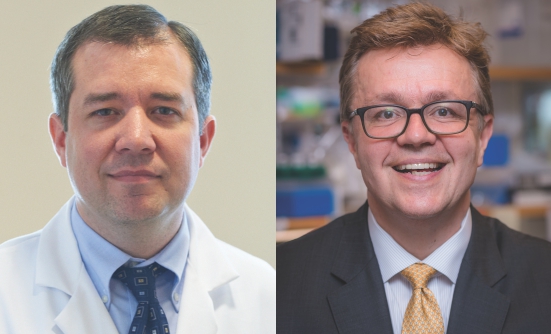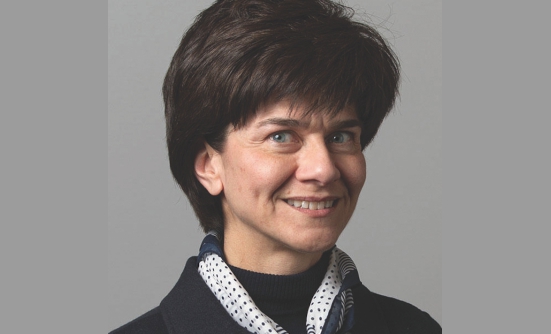Many people are surprised to learn that only about 5% to 10% of cancers are hereditary. Many people possibly assume that cancer is often hereditary, in part because of the press attention given to a number of celebrities who were found to be genetically at risk (for example, Angelina Jolie). Therefore, the information provided by genetic counselors is often more reassuring than expected.
In some families, however, a defected (mutated) gene is being passed from generation to generation, which puts the family members at very high risk for cancer. For example, for patients with the BRCA1 or BRCA2 gene, the lifetime risk for breast cancer is up to 85% (compared with 10% to 12% in other women), and the risk for ovarian cancer is up to 40% (compared with 1.5% in other women).
For some hereditary colon cancer syndromes, the risk for colon cancer is 80% (compared with about 5% in other people). Other syndromes pose similarly increased risks for uterine, stomach, or thyroid cancers.
Early Detection
Given this degree of risk in some people, those with a hereditary risk need to be screened carefully to detect cancer at its earliest possible stage; this means starting screening at a young age, and doing tests more frequently than in other people. In some cases, some medications or lifestyle changes may help decrease the risk for cancer. Sometimes, removing the specific organ that is at risk for cancer may be the best preventive step. Ultimately, the goal of genetic testing is to identify the people who are at highest risk for cancer, and to give them recommendations for appropriate management of their risk.
Signs of Genetic Risk
Because most cancers are not hereditary, how do you know if you may need genetic counseling and testing? There are some general signs that are usually seen in families with inherited cancers; of these, the most important is being diagnosed with cancer at an early age.
On average, hereditary cancers are diagnosed 10 to 20 years earlier than nonhereditary cancers. This means that for patients with cancer that typically occurs in adults, such as breast cancer or colon cancer, the average age of diagnosis in families with hereditary cancer is around age 45, whereas the average age of diagnosis in the general population is around age 65.
The bottom line is, the younger a person is at the time a cancer is diagnosed, the more likely it is that the cancer is hereditary. In addition to age of diagnosis, other common signs of a genetic risk include:
- Several relatives with the same type of cancer
- More than 1 type of cancer in the same person; this does not include 1 type of cancer spreading or returning
- The presence of cancers known to be genetically related, such as breast cancer or ovarian cancer.
Managing Your Risk
The most important thing you can do regarding hereditary risk for cancer is learn about your family history. Find out who has had cancer, what organ it started in, and at what age.
Go back at least as far as your grandparents and cousins. If family members are uncertain about a cancer diagnosis in an older relative, it may be helpful to obtain a copy of their death certificate.
Once you’ve done your homework, if your family has some of the warning signs mentioned above, talk to your doctor about the possibility of getting a referral for genetic counseling and testing. Most insurance companies now cover genetic services if you have a family history of cancer.
At your appointment, your family history and medical history will be reviewed, and the likelihood of hereditary risk in your family will be discussed. The counselor will let you know if genetic testing is appropriate for you, and will help you decide if you want to pursue it. Once your sample is sent to the lab, results are usually available within 2 to 4 weeks.
In the end, you will be given recommendations for cancer screening based on your family history and/or test results, which will help you and your doctors know how best to manage your risk for cancer.
Patient Resources
National Cancer Institute
http://www.cancer.gov/about-cancer/causes-prevention/genetics
American Cancer Institute
http://www.cancer.org/cancer/cancercauses/geneticsandcancer/genetictesting/genetic-testing-what-you-need-to-know-toc















